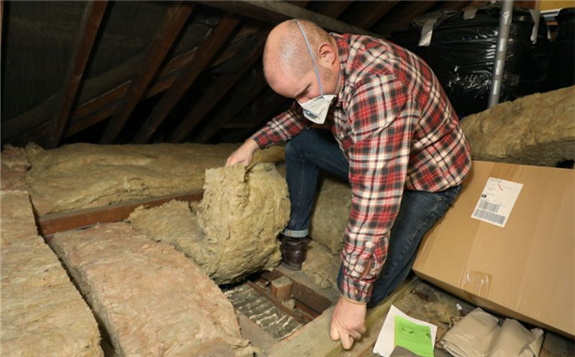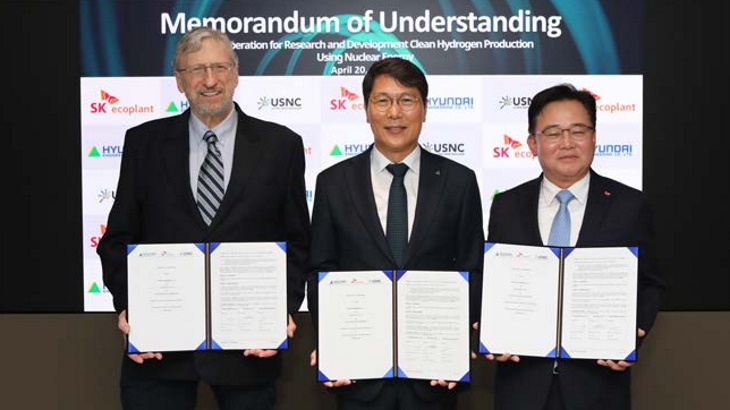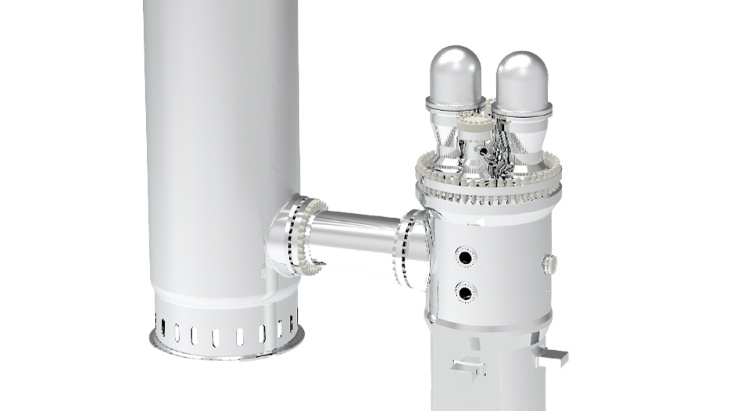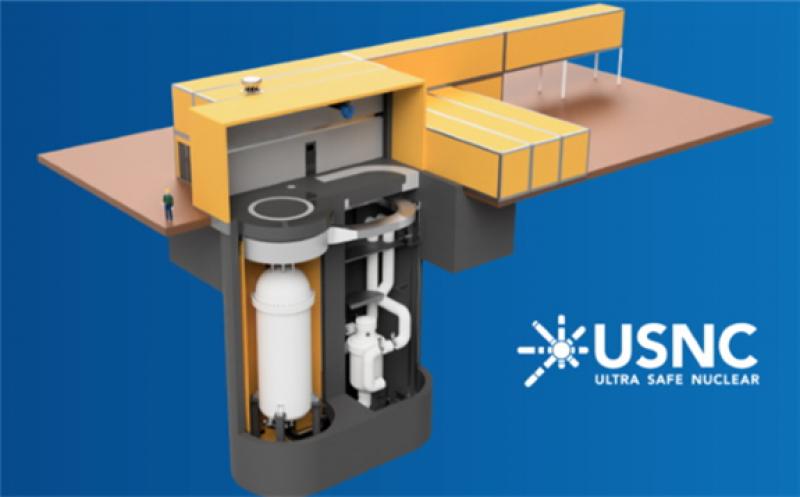The government’s Green Homes Grant has nearly doubled Brits’ interest in energy efficiency, data shows.

Searches for energy-saving home improvements on trade directory Checkatrade were up 96% year-on-year in July, with signs pointing towards the trend continuing over the upcoming weeks.
The £2bn ($2.6bn) scheme, through which homeowners in England can claim up to £5,000 worth of vouchers — or £10,000 for the poorest households — for energy-saving renovations, will become available in September. The grant is not available in other parts of the UK.
“We’ve recently seen a rise in searches on the platform for sustainable construction projects so we know it’s an area that homeowners are seriously considering,” said Checkatrade CEO Mike Fairman.
“We will therefore be encouraging and supporting our already checked and vetted members to undertake the relevant accreditations outlined by the government, in order to take advantage of the increased workflow, ensuring that consumers are able to access the best choice of trusted trade experts when carrying out these projects.”
Checkatrade also advised Brits to make sure all tradespeople are TrustMark or MCS registered businesses, otherwise they will not be able to claim for their costs.
The government claims the improvements, such as insulation of walls, floors and roofs and the installation of low-carbon heating, like heat pumps or solar thermal, could save home-owners about £300 a year on energy bills.
Those who already have these measures in their homes can use the vouchers to “top up” — such as adding insulation until it meets the recommended height — but not replace them.
Homes that already have insulation or low-carbon heating can apply for funding for “secondary measures” such as draught proofing, double or triple glazing for those who currently only have single, energy-efficient doors to replace those installed before 2002, and various heating controls.
The vouchers will cover about two thirds of the overall cost for most homeowners, but possibly the entire cost for the lowest-income households, the government said.







